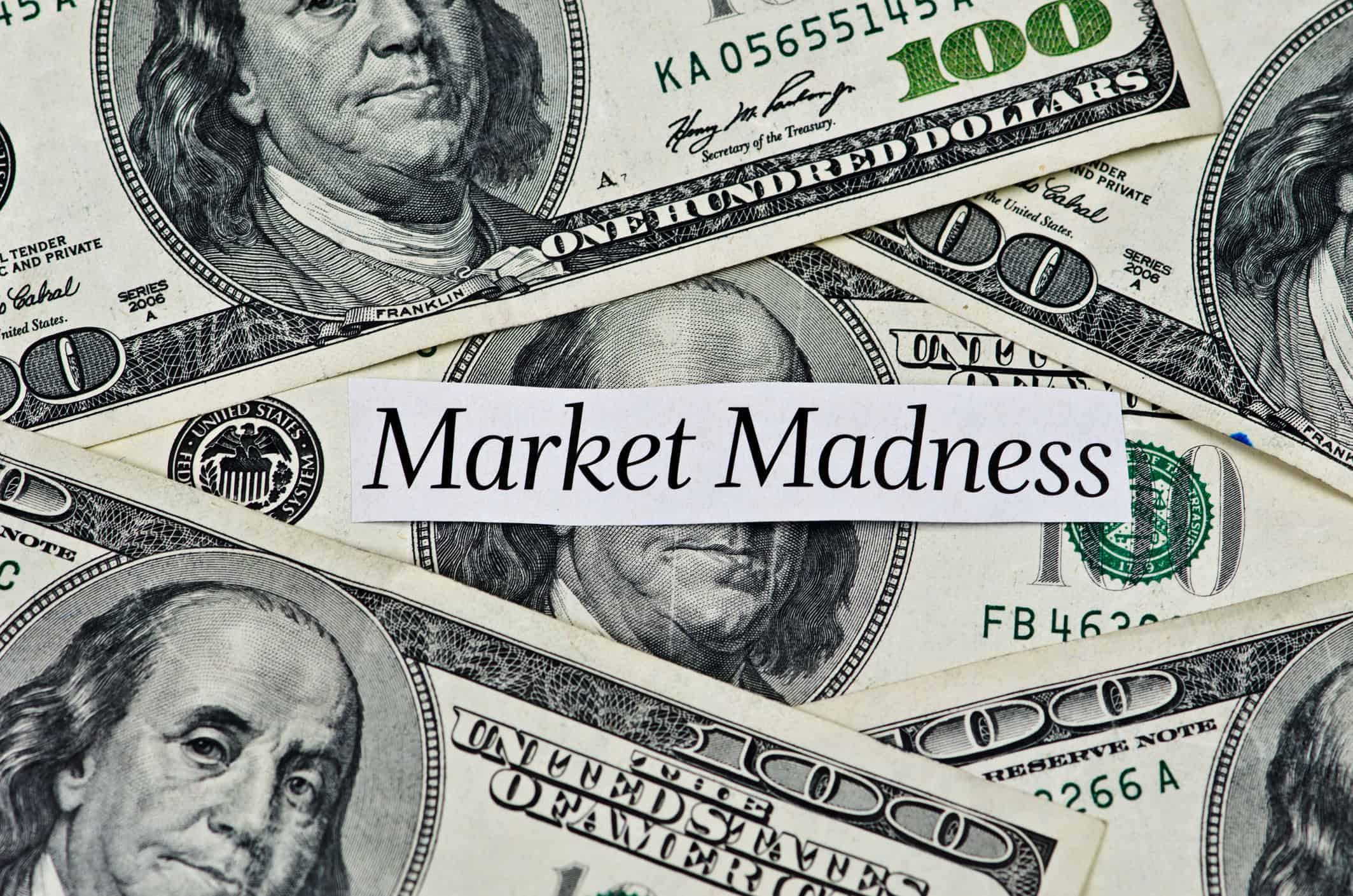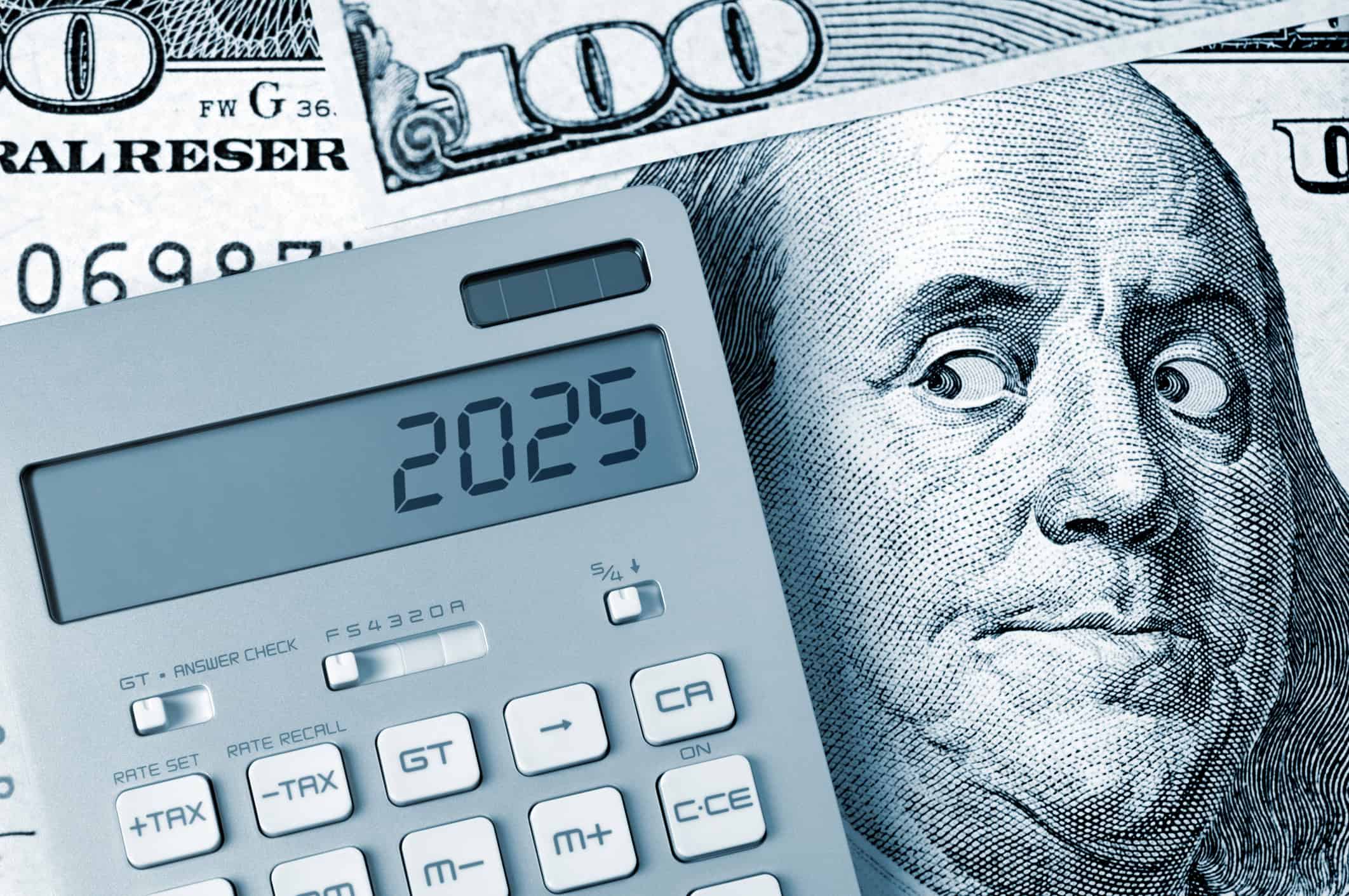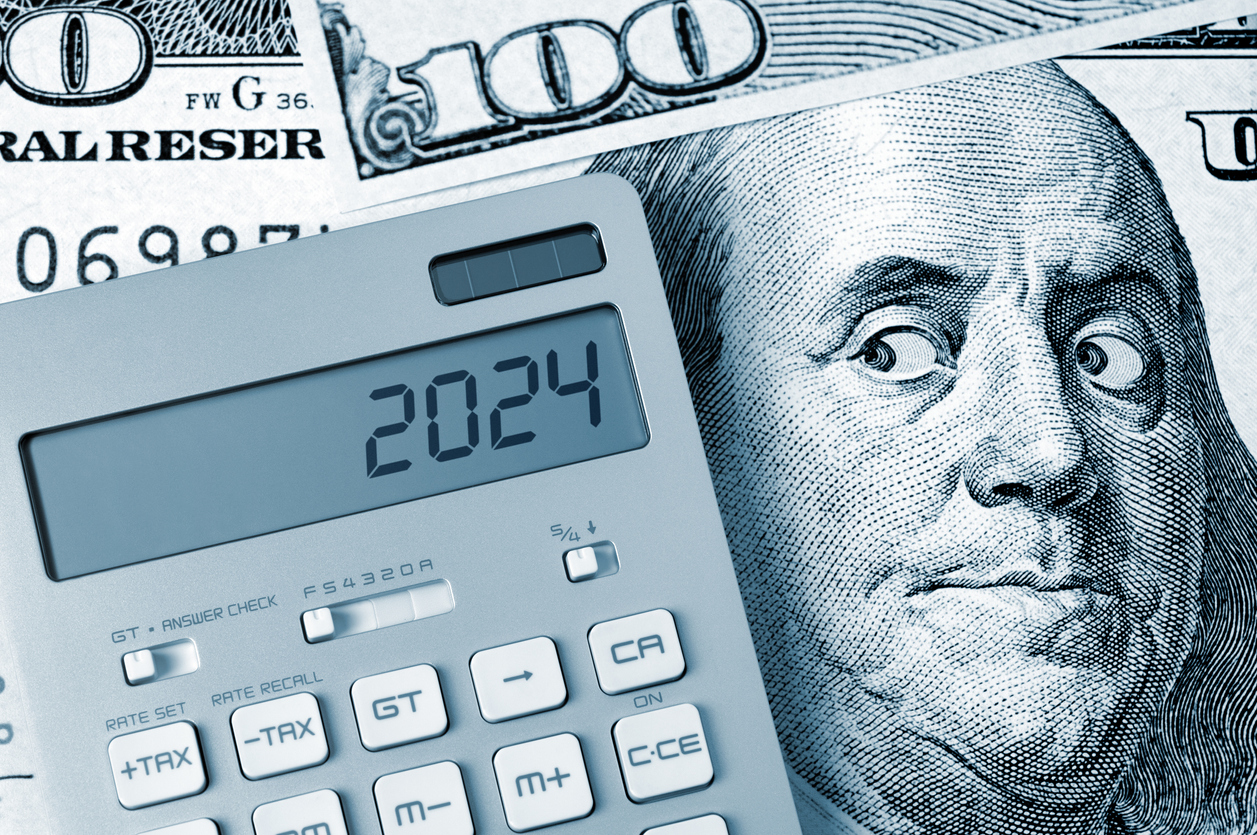
Recession, Recovery, or Both?
Are we in a recession, a recovery or both? The markets are starting to feel like Groundhog Day. Almost every month, it’s a cadence of employment numbers, CPI, Fed, — market reacts.
With inflation starting to trend down, even if only slightly, optimism has been making a comeback. That means moving our analogy to another charming rodent. It seems like the Fed is playing whack-a-mole with coordinated statements designed to tamp down expectations for a rate cut anytime soon. It wants to keep asset prices lower to aid in slowing the economy and help it get inflation under control.
Looming over all this is the threat of recession as 2022’s rate hikes, and their lagging effects are felt in the economy. The potential for more hikes – even smaller ones – may be necessary to keep inflation trending down. But it may also preclude a soft landing.
What is the likely impact on the market? Will we see a recovery in asset prices in 2023? Or will we be mired in a recession? The old saying is that as January goes with markets, so goes the year. But since nothing else has gone according to plan, it is worth it to take a look at the bigger picture.
Clarity Is the Watchword
Volatility in 2022 was largely caused by the policy uncertainty engendered by the Fed. The Fed started out the year with a minimal hike and a plan to telegraph small, incremental increases. This so-called “Fed ratchet” would allow markets to adjust as rates rose. The invasion of Ukraine, ongoing supply chain disruptions, and a fiercely hot labor market kept upward pressure on inflation. This forced Fed to move far higher and much more quickly.
The markets hit bear territory and then bounced around from month to month as economic data, rate increases, and statements from the Fed made headlines.
Fed policy is becoming clearer as a terminal rate comes into sight, which should benefit asset prices. Markets tend to rally as investors have more clarity on the future.
Is a Recession an Endpoint or Bump in the Road to Recovery?
The likelihood of a recession is high, but would likely not be a deep one. The economy will likely need to process the 450 basis points of rate hikes we saw in 2022. That means slower growth and higher unemployment. The ongoing strength of the labor market means even if wage pressure abates and wages continue to come down, the sheer numbers of those with jobs will keep things ticking over enough to compensate for a period of slower growth and push through to a continued recovery.
The National Bureau of Economic Research (NBER) reports that since World War II, the average recession has lasted for ten months. The COVID recession is the shortest, at a mere two months. What will the 2023 recession clock in at? A shallow recession that is over and done during 2023 is certainly possible.
The Fed continues to reiterate its focus on reducing inflation and is indicating it will not cut rates. However, circumstances change situations. The reality of a recession may indeed be enough for the Fed to put more trust in a rapidly declining inflation trend and offer up a rate cut.
How Should Investors React?
For investors, attempting to track the Fed tightly or radically shifting a portfolio to accommodate an early rally, a potential recession, and then a sustained recovery seems like a bit of a timing challenge. Consider a key stat: Almost 80% of the best days of the S&P 500 Index happened during a bear market or the first two months of a bull market.1
Missing even a few of the best days in the market can cut into return, and with asset values already down, it’s important to participate in as much of the recovery as possible.
The Bottom Line
After a volatile 2022, investors are understandably concerned about the direction of markets and the economy. There’s clearly more to come in 2023, but clarity will return with inflation falling rapidly and the Fed nearing the end of the rate increase regime. With it, a calmer environment may usher in a sustained recovery. Investing for the long term, and staying the course, are even more meaningful when asset prices have a bit of a hill to climb to get back to where they were. But markets do revert to the mean and increase over time.
Let Hennion & Walsh Offer a Second Opinion
We’ve outlined the most essential changes, but the new law is extensive. Curious to learn more? Our unmatched client experience will give you peace of mind. Just as you may seek a second opinion about your health, we believe successful investors can gain value and peace of mind by getting a second opinion on their financial health. So, whether you’re worried about today’s uncertain economic environment or looking for increased peace of mind, we can help. Get a complimentary second opinion on all your investment accounts not held at Hennion & Walsh today!
Hennion & Walsh Experience
We have investment professionals, planners and portfolio managers that can collectively analyze your situation through the lens of their respective disciplines. Each member brings valuable insights to apply to your situation. Whether you are looking for income strategy guidance or growth strategy guidance, a second opinion of all your investment accounts not currently held at Hennion & Walsh could be beneficial to your financial health.
1. Sources: Ned Davis Research, Morningstar, and Hartford Funds, 2/22.
Disclosures:
Hennion & Walsh Asset Management currently has allocations within its managed money program, and Hennion & Walsh currently has allocations within certain SmartTrust® Unit Investment Trusts (UITs) consistent with several of the portfolio management ideas for consideration cited above.
Past performance does not guarantee future results. We have taken this information from sources that we believe to be reliable and accurate. Hennion and Walsh cannot guarantee the accuracy of said information and cannot be held liable. You cannot invest directly in an index. Diversification can help mitigate the risk and volatility in your portfolio but does not ensure a profit or guarantee against a loss.




